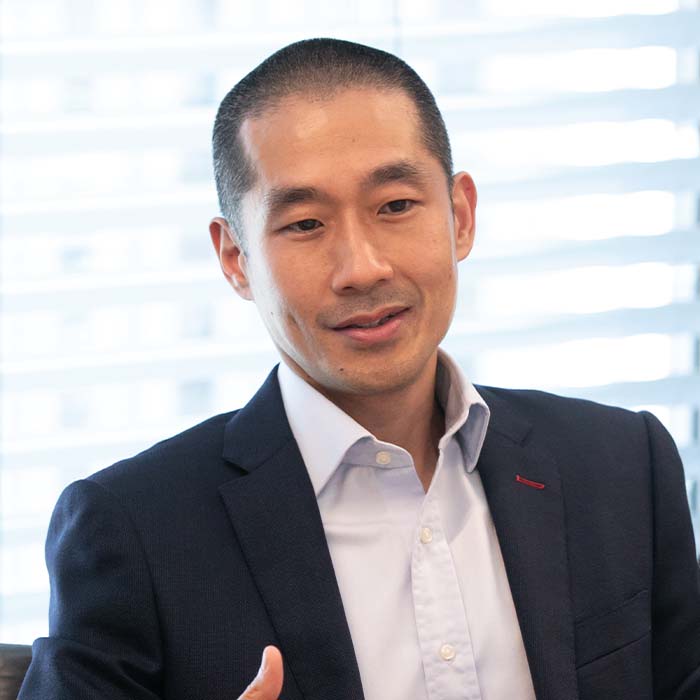Networks, groups and balancing inclusivity
Larger Australian businesses now reliably offer leadership and mentorship programmes. The next phase may be a focus on inclusivity – so opportunities are offered fairly and responses to the problems and challenges different groups face can be collectively developed.
CHOI The market acceleration programme seeks to attract talent at the junior-to-middle management level while the WIL programme is targeted at senior-level women in markets.
This year, we had a cohort of 29 senior females in our WIL programme. It aims to retain senior women by supporting female leadership in the higher ranks, which it does via a leadership course providing exposure to senior management. It is a global programme with attendees from Australia, and also Taiwan, Singapore and New Zealand via virtual access.
The attendees do not always know each other so the programme also provides an opportunity to share experiences and challenges among women in the capital Markets industry. Different markets have their own unique sets of challenges so the programme also provides insights into other parts of the business and on career progression.
It is important to note that these kinds of initiatives also provide valuable knowledge for the programme’s creators. We have made some tweaks along the way to take into account the diversity of employees and to reflect that people have different ambitions.
We have designed these programmes with the objective of moving the dial when it comes to gender parity across all levels of the business. We are looking forward to achieving these goals so these programmes are no longer needed.

Despite our best efforts to be inclusive, where programmes are targetted at women it is understandable that some men can feel left out. This something we have recognised, and we have introduced the 'male allies' group to provide support as well as data and education on the importance of gender balance.
CHOI This is a very good question. Despite our best efforts to be inclusive, where programmes are targeted at women it is understandable that some men can feel left out. This is something we have recognised, and we have introduced the ‘male allies’ group to provide support as well as data and education on the importance of gender balance.
Specifically with regard to the WIL group, there is an understanding that there is a gender imbalance and that it applies particularly in our area of markets and at leadership level. More broadly, where our programmes are aimed at specific groups, we are addressing this by increasing communication with the wider employee base about our reasons for the programmes.
Although our WIL activities are focused on elevating and retaining women, we also have several programmes that are offered to all our people irrespective of gender. We ensure participation
and nomination in these programmes is prioritised based on individual growth areas for all our people.
GIRARD Women in Banking and Finance (WiBF) offers a range of programmes and networking opportunities. Offering these flexibly and in an inclusive way is essential.
Our “mentoring for success” programme welcomes more than 100 industry leaders every year. WiBF has been offering this eight-month programme for 14 years and, while we have had male mentors in past years, for the first time this year we had a mixed cohort of attendees.
Although we are called Women in Banking and Finance, all our programmes are now open to all genders. This decision was made relatively recently based on feedback from our corporate members that are increasingly cognisant of inclusivity.
TRIGONA We invited men to participate in NBN Co’s women in finance programme to help them understand the issues women face in the workforce. We are not offering one section of the workforce more or better opportunities than another. We are also very active in encouraging what we call “male champions of change”. The objective is for everyone to have awareness of the problems and challenges other groups may face.




